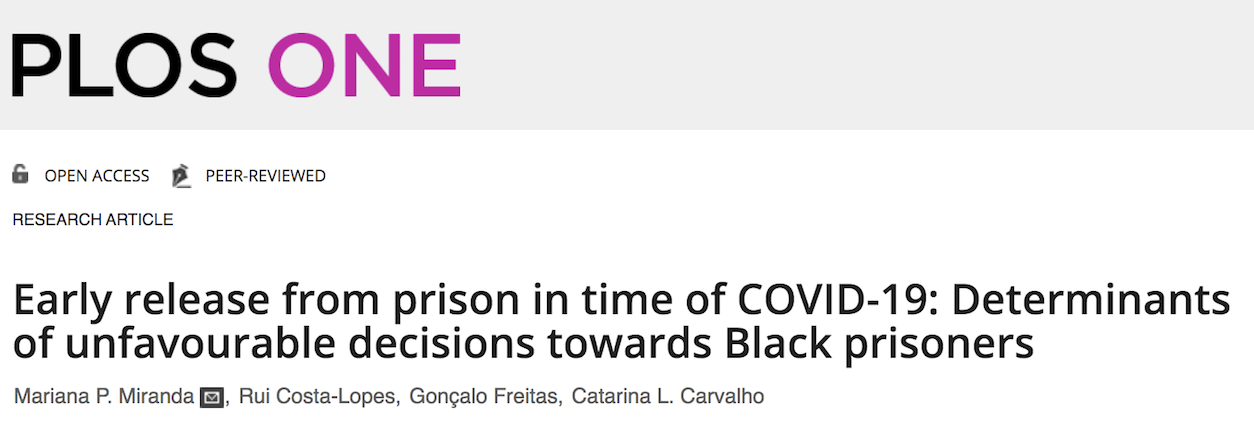Mental wellness is an important concern for organizations, not only for those at the top of the hierarchy but also for the entire workforce. The truth is we spend most of our lives working. A work environment that is aware of mental health consequences and that promotes good mental health among employees will always be more productive.
Mental-related problems can be very costly for organizations in terms of the direct costs they impose (such as costs for medical appointments and buying medication) and in indirect costs (such as absenteeism, low productivity, and turnover).
Who suffers more from stress? The common perception is that being at the top of a hierarchy is associated with higher levels of stress because of increased responsibilities, challenges, and demands. But is this really the case?
Undoubtedly, at the top of an organization, individuals handle important decisions and manage conflicts, time constraints, and an increased workload. When the resources are limited, the outcome can indeed be greater stress for top managers. Although a certain degree of stress can provide extra energy and help to lift performance, permanent and increased levels of stress tend to bring emotional instability, lack of concentration, lapses in judgment, and health problems.
Despite the importance of mental health and associated costs, to date, very few studies have examined the relationship between individuals in higher leadership positions and stress. Moreover, these existing studies offer competing views, with some studies finding that rising through the hierarchy is associated with greater stress whilst others claim instead that individuals in higher positions have higher levels of income, education, and socioeconomic status to cushion against stress.
In order to shed some light on these competing views, I was part in a research team study, using a sample of 87 Portuguese top managers, to answer the question: Are top managers more stressed? The answer to this question is no. Being in a top position is not sufficient to cause stress. Nor is not being in a top position sufficient to preclude stress.
However, it is important to note that some other conditions are conducive to stress. The absence of a sense of control is “almost always necessary” for stress, and having a sense of control is always present for stress to be absent. A sense of control is the belief that one can stay in the driver’s seat and deal with any situations that arise. Possessing a sense of control is very useful and can act as a buffer against stress. Indeed, each individual has a different tolerance for stress, which varies according to the nature and circumstances of the stress. Hence, an important aspect of dealing with stress is managing the situation. In large part, that hinges on the individual’s sense of control. Having a high sense of control is related to proactive behavior and positive psychological outcomes, such as lower anxiety levels and feeling healthy. Similarly, a low sense of control is associated with negative psychological outcomes, such as stress.
We also found other combinations that, when combined with either being at the top of the hierarchy or not being at the top, can lead to stress. The first combination is comprised of the absence of authority, the absence of a sense of control, and not being at the top. The second combination indicates that a heavy workload, the absence of a sense of control, and not being at the top is conducive to stress. The third combination reveals that the absence of authority, not being at the top, and the presence of subordinates leads to stress. Finally, the fourth combination shows that the presence of authority, the presence of subordinates, being at the top, and the absence of a sense of control causes stress.
These results demonstrate that having many subordinates is a factor in two recipes that generate stress (and fewer subordinates is also an important element in two recipes associated with the absence of stress). Having a considerable number of subordinates is a means of exerting power and authority but too many subordinates may cause stress because a greater ability to manage is required and different perspectives need to be reconciled. In our study, lack of authority can lead to stress in two combinations. If a manager struggles to get subordinates to acknowledge that authority, then this challenge can lead to stress.
By investigating what causes stress and by showing that there are different recipes for stress, our study can help managers engage in actions that promote health, such as reducing the workload and having fewer subordinates to manage. The possibility of taking some corrective action can be very valuable to organizations and policy makers, because these actions can reduce levels of absenteeism, increase productivity, and strengthen the overall performance of the organization.
Hence, this study’s results help to demystify the perception that being at the top is always more stressful, but that is not to say that being a top manager is a way to escape from it!




